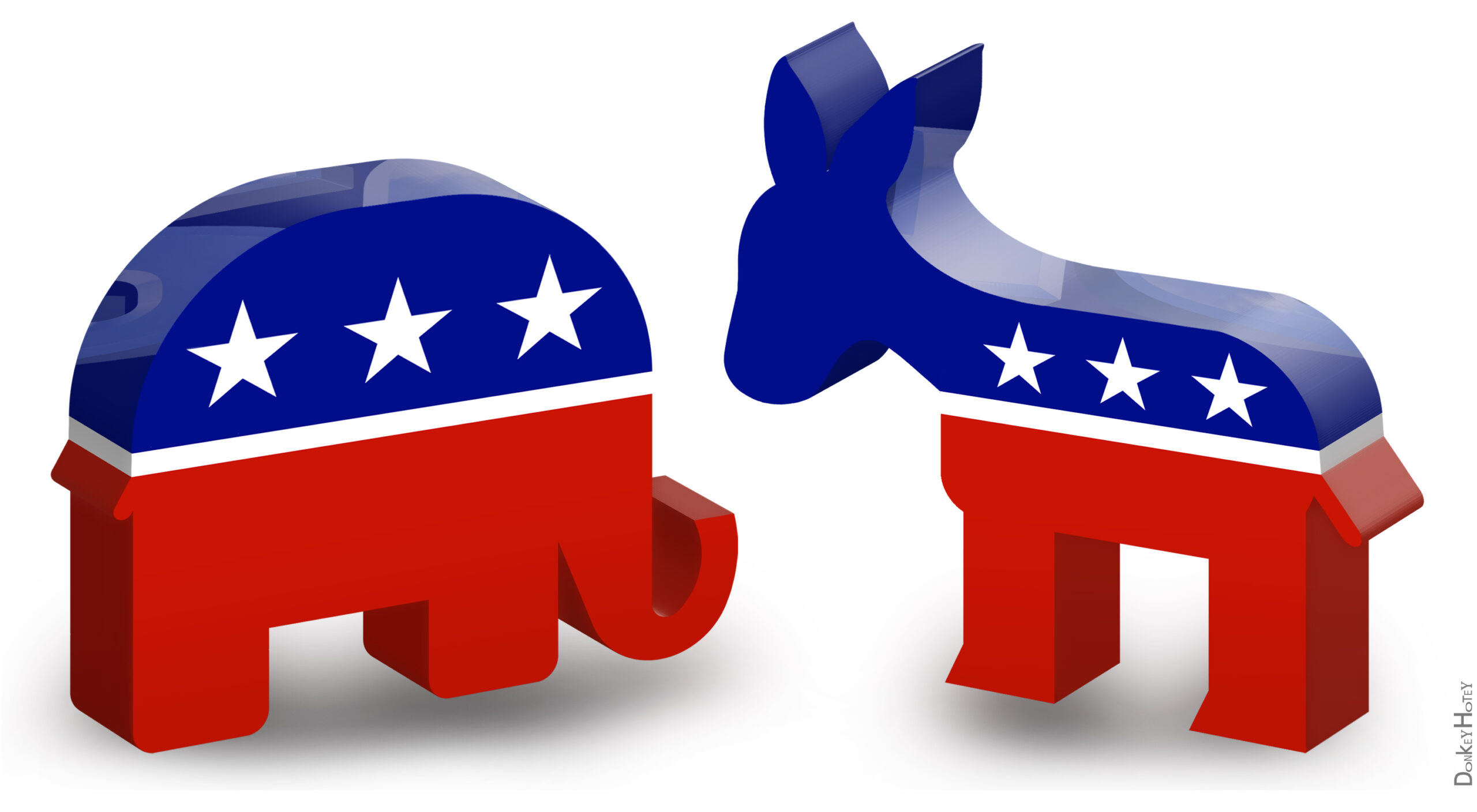Polarization and Lawmaking Effectiveness in the United States Congress
Political scientists have emphasized the rightward ideological movement of congressional Republicans across recent decades, relative to a more limited leftward shift by Democrats. However, new research from Center for Effective Lawmaking (CEL) co-directors Craig Volden and Alan Wiseman (of the University of Virginia and Vanderbilt University, respectively), and CEL Graduate Affiliate Patrick Buhr (also of Vanderbilt) argue that this asymmetric polarization has not translated into an equally conservative shift in lawmaking. Drawing on data on the lawmaking effectiveness of Representatives and Senators between 1973- 2021, the authors demonstrate that conservative Republicans in both chambers are notably less effective than their moderate Republican counterparts in advancing their bills, even when Republicans are in the majority party. In contrast, for Democrats, their liberal wing is more effective at lawmaking than are moderate Democrats. The conservative wing of the Republican Party has been limited in its effectiveness due to lower seniority, fewer committee chair positions, and less frequent bipartisan coalition-building attempts than among other Republicans. As a result, the ideological center of congressional lawmaking has not shifted to the right, instead remaining remarkably stable over time.
To learn more, read the full report here, and see a summary of it here.
Photo: “Republican Elephant & Democratic Donkey – 3D Icons” by DonkeyHotey is licensed under CC BY 2.0.



